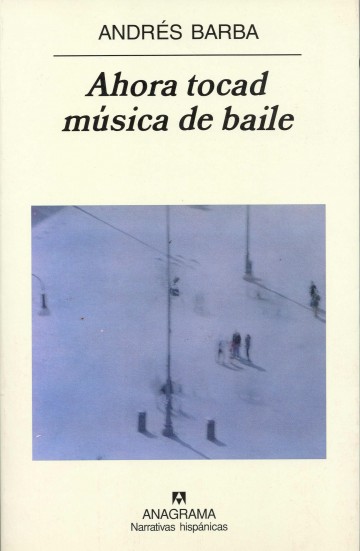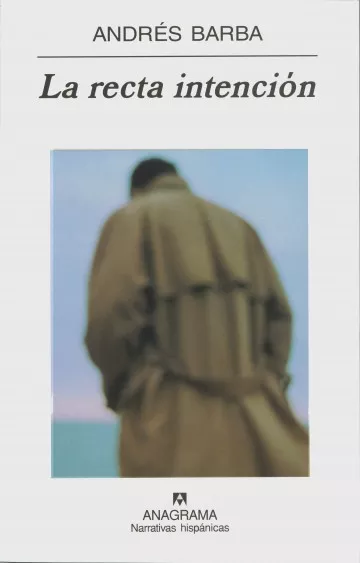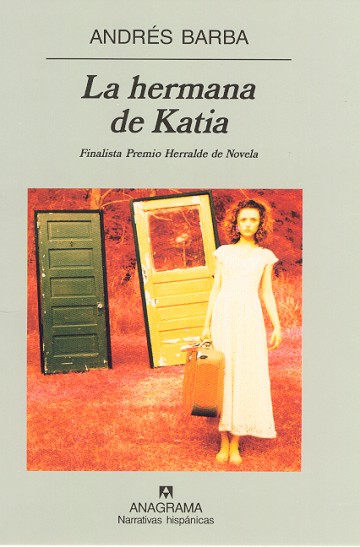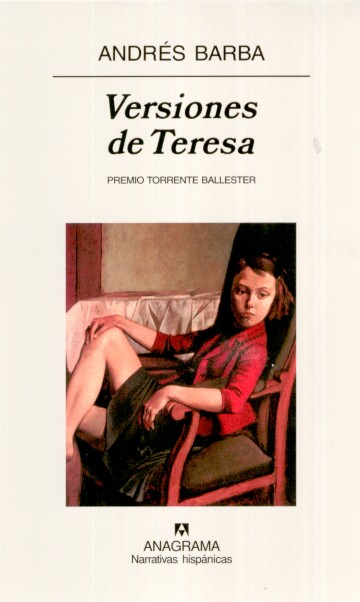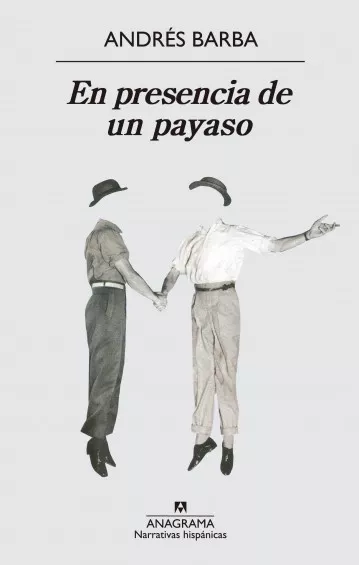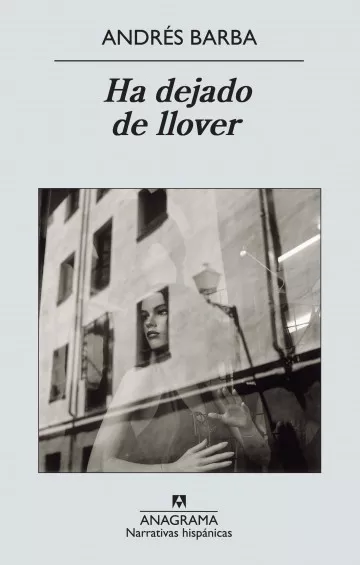| PAGES | 152 |
| SERIES | Narrativas hispánicas |
| PUBLICATION | 30/08/2010 |
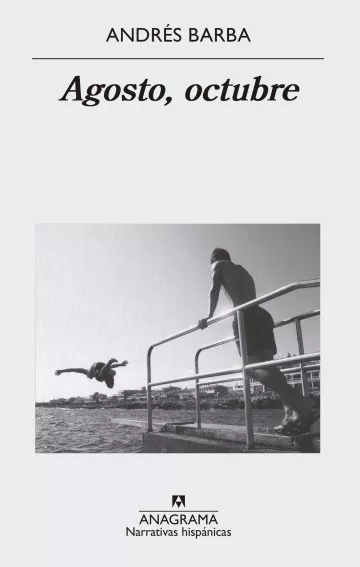
SERIES:Narrativas hispánicas
The tension in Tomas’s adolescence reaches a point of no return when he returns with his family to the small village where he has always spent the summer. Then, events begin to unfold with unstoppable force following his sudden discovery of sex and violence, death and transgression.... Tomás looks in the mirror and sees someone whose thoughts are always one step behind his actions, especially when the dynamics of an uncomfortable situation oblige him to do something that he will never forgive himself for. That’s when he realises he must face the only person who can judge him, and forgive him. Agosto, octubre is one of those rare novels with the bravery and skill to understand that ambiguous, unprotected and violent age, which we call ‘adolescence’. Andrés Barba resolves the story with the psychological mastery that has made him one of the most important writers of his generation. An explosive cocktail that mixes Pavese’s El bello verano with the adolescent protagonists of Gus Van Sant’s Elephant.
“The invisibility of morbid feelings are a natural landscape for Barba’s prose and it is something that he has explored in various fantastic novels, from La hermana de Katia to those “dark, bright little girls” who were the protagonists of the author’s novella Las manos pequeñas... The structure of Agosto, octubre is classic, but the story contains hidden passageways to subconscious feelings that Barba likes to keep underneath the skin of the narrative, because that is where we discover the true nature of the adolescent” (Jordi Gracia, Babelia, El País).
"The complex and, at times, disturbing world of adolescence reflected in this novel brings to mind Cesare Pavese in El bello verano... Andrés Barba has already shown that he can tell stories of childhood and adolescence like few other writers; he has also frequently displayed his psychological perspicacity and Agosto, octubre could well be his greatest achievement so far” (José María Pozuelo, Abc).
“Agosto, octubre focuses its unwavering gaze on that moment when a young boy grows up and discovers the great secrets of life, in all their dimensions... The brilliance of this novel lies In its apparent simplicity and its great originality: a surprising story that manages to reinvent a mundane reality” ( Santos Sanz Villanueva, El Cultural, El Mundo).
“Agosto, octubre reflects the chasm we need to cross in order to enter into the world of the adolescent” (Braulio García, Público).
«In my opinion Barba has become an essential writer» (Rafael Chirbes, Letra Internacional).
«A novel that consolidates the author’s position as a key voice in Spanish fiction» (Alejandro Flores, El Economista, México).
«It has happened to us all: suddenly, a summer apparently like any other, adolescence comes along and pricks the bubble of our infancy. The child dies, and the man is born. Barba constructs a story of sex, death and violence and about the consequence of our actions. A story that has been described as an explosive clash between Pavese’s El bello verano and the adolescents of Gus van Sant’s Elephant» (Daniel Entrialgo, Esquire).
«Andrés Barba first became known in 2001 and since then his literary career has become unstoppable: a critical success who has been translated into eight languages. A novel full of strength that traps and moves the reader from the first page» (Mariana Díaz, Última Hora).
«Barba, like a skilled surgeon, does not tremble as he wields his scalpel to dissect the lives of these children trapped in the bodies of adults. With an agile and brutal prose, coloured by psychological interpretations that do not interrupt the flow of the action, Barba shows us the adolescent crude world, like Ian McEwan in The Cement Garden or in First Love, Last Rites» (Damián Huergo, Página 12, Argentina).
«Barba jumps into the sordid world of the process of maturity... An uncomfortable novella with which the author challenges the rules of the novel of initiation» (Matías Néspolo, El Mundo).
«August, October is a powerful novel about the unprocessed -indeed, unprocessable- emotions of transition. Barba binds these least legible feelings into a series of immaculate scenes, at once allowing us to understand what also swirls around our own insides» (Scott Esposito, Times Literary Supplement).
| PAGES | 152 |
| SERIES | Narrativas hispánicas |
| PUBLICATION | 30/08/2010 |
TRANSLATION RIGHTS SALES
- Sweden (Astor Förlag)
- Italy (Mondadori)
- France (Christian Bourgois)
- USA & UK (Hispabooks)


Andrés Barba (Madrid, 1975) has a degree in Spanish Literature. He has represented Spain in several international conferences for young dramatists and has been a lecturer in Madrid and Bowdoin College (USA). Currently he combines his work as a writer with a teaching position at the Complutense University of Madrid. He was awarded first finalist of the Herralde Novel Prize 2001 with La hermana de Katia. In 2005 he has been awarded the Torrente Ballester prize for Versiones de Teresa.




